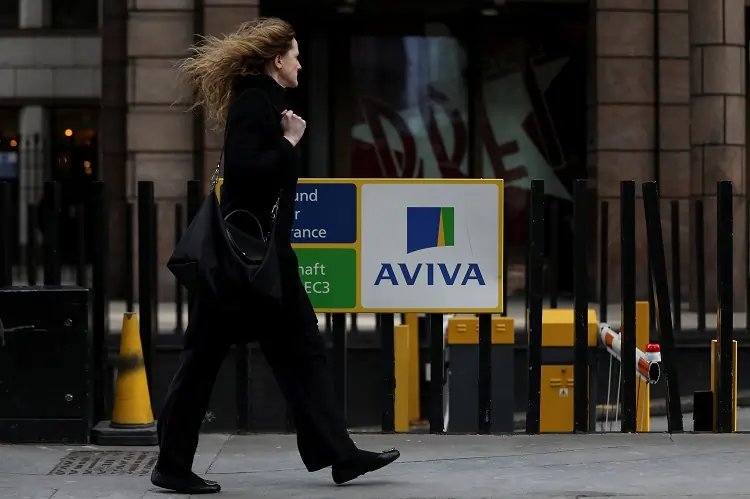Insurer Direct Line rejects Aviva’s $4.16 billion takeover bid


(Reuters) -British insurer Direct Line Insurance on Wednesday rejected a takeover offer of 3.28 billion pounds ($4.16 billion) from bigger rival Aviva, saying it “substantially undervalued” the company.
(Reuters) -British insurer Direct Line Insurance on Wednesday rejected a takeover offer of 3.28 billion pounds ($4.16 billion) from bigger rival Aviva, saying it “substantially undervalued” the company.
On Nov. 19, Aviva made a 250-pence-per-share offer, which represented a nearly 60% premium to the stock’s close a day earlier.
If the deal went through, Direct Line shareholders would have received 112.5 pence in cash and 0.282 new Aviva shares for every Direct Line share held.
Separately, the life, motor and home insurer Aviva, said Direct Line has refused to engage in further discussions.
The chairpersons of both companies have spoken directly to explain why Direct Line was rejecting the offer, a person with knowledge of the matter said.
Direct Line said its board considered Aviva’s proposal with its advisers and concluded that it was “highly opportunistic”.
According to British takeover rules, Aviva has until Dec. 25 to make a firm offer or walk away.
In March, London-based Direct Line also rejected a 239-pence-per-share takeover bid from Belgian rival Ageas, which was 4.6% lower than Aviva’s offer.
Shares of the UK insurer have fallen as much as 14% since Ageas abandoned its pursuit in the same month.
Direct Line — under the leadership of its new CEO Adam Winslow, who joined the company from Aviva in March — has engaged in efforts to energize a business struggling in a weak motor market.
The company missed expectations for half-year operating profit in September, hurt by its underperforming motor insurance arm.
It has implemented aggressive price hikes to mitigate the rising costs of claims and announced plans to cut 550 roles, or about 5% of its global workforce, earlier in November.
Direct Line said on Wednesday it continues to make progress towards its financial and profitability targets under its turnaround strategy.
(Reporting by Raechel Thankam Job in Bangalore; Additional reporting by Carolyn Cohn and Anousha Sakoui; Editing by Devika Syamnath, Shilpi Majumdar and Shounak Dasgupta)
A takeover bid is an offer made by an individual or company to purchase another company, typically at a premium over the current market price, to gain control of it.
A shareholder is an individual or institution that owns shares in a company, entitling them to a portion of the company's profits and voting rights in corporate decisions.
Corporate governance refers to the systems, principles, and processes by which a company is directed and controlled, ensuring accountability and transparency in its operations.
In stock trading, a premium refers to the amount by which the price of a stock exceeds its face value or intrinsic value, often reflecting investor demand.
Explore more articles in the Finance category
